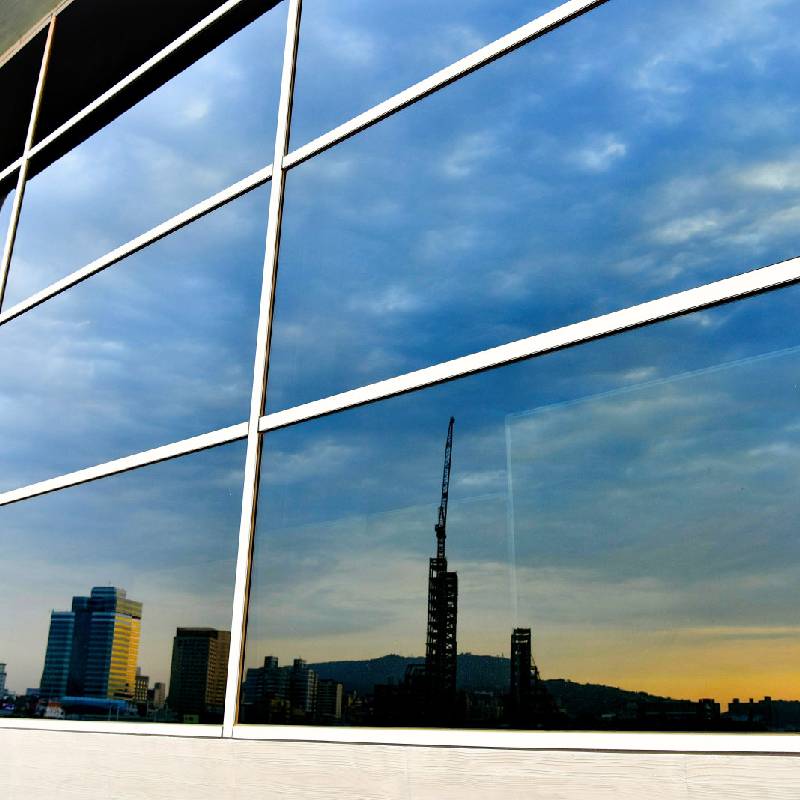

The Importance of Choosing the Right Reflective Glass Supplier
In today’s construction and design landscape, reflective glass has emerged as a pivotal material known for its aesthetic appeal, energy efficiency, and ability to enhance privacy while providing natural light. As the demand for reflective glass continues to grow, selecting the right supplier becomes crucial for architects, contractors, and property developers. This article delves into the key factors to consider when choosing a reflective glass supplier and the impact of high-quality supplies on construction projects.
Understanding Reflective Glass
Reflective glass is a type of glazing that has a thin coating applied to one side, allowing it to reflect a significant portion of solar radiation. This property not only helps in regulating indoor temperatures but also reduces glare and decreases the reliance on artificial lighting. As a result, buildings can save on energy costs while maintaining a sleek and modern appearance.
Key Factors to Consider When Choosing a Reflective Glass Supplier
1. Quality of Materials One of the foremost considerations when selecting a reflective glass supplier is the quality of their products. High-quality reflective glass should adhere to international standards and certifications. Look for suppliers who use durable materials and have a proven track record of producing glass that can withstand various environmental conditions without compromising its reflective properties.
2. Variety of Options Reflective glass comes in various types, including tinted, low-emissivity (Low-E), and other specialty coatings. A reputable supplier should offer a wide range of products that can cater to different design needs and specifications. Having access to diverse options allows architects and builders to choose the perfect glass that aligns with their project's aesthetic and performance goals.
3. Customization Capabilities Every construction project has unique requirements. A reliable reflective glass supplier should offer customization services to ensure that the glass fits the specific dimensions and functional needs of the building. Customization might include unique sizes, thicknesses, and performance characteristics, which can substantially enhance the overall design and efficiency of a structure.

4. Sustainability Practices In modern construction, sustainability is a vital consideration. Suppliers who prioritize environmentally friendly practices can significantly contribute to the overall sustainability of a project. Look for suppliers that utilize recycled materials, employ energy-efficient manufacturing processes, and offer products that contribute to green building certifications such as LEED.
5. Technical Support and Expertise A good supplier doesn’t just provide materials; they also offer support during the entire project lifecycle. This includes technical guidance on selecting the right type of reflective glass, advice on installation, and assisting with any challenges that may arise. Suppliers with a team of experienced professionals can help ensure that the final product performs as intended.
6. Delivery and Logistics Timely delivery is crucial in construction projects, where delays can lead to additional costs and complications. A reliable supplier should have an efficient logistics system in place to ensure that materials arrive on schedule. Additionally, the supplier should be capable of handling shipments safely to prevent any damage during transit.
7. Reputation and Reviews Lastly, investigate the supplier’s reputation in the market. Reading client testimonials and reviews can provide valuable insights into the supplier's reliability, product quality, and customer service. A supplier with a strong reputation is likely to have a proven history of satisfied customers and successful projects.
The Impact of Quality Reflective Glass on Projects
The choice of a reflective glass supplier can have far-reaching effects on a construction project. High-quality reflective glass enhances the building's aesthetic appeal, contributes to energy efficiency, and ensures durability. When sourced from the right supplier, reflective glass can elevate a structure’s design, making it not only visually striking but also functional and sustainable.
In conclusion, selecting the right reflective glass supplier is a crucial step for anyone involved in construction and architectural design. By considering factors such as material quality, variety, customization, sustainability, support, logistics, and reputation, professionals can make informed decisions that lead to successful project outcomes. Reflective glass is not just a material; it is a significant investment in the future of a building, making the choice of supplier all the more critical.